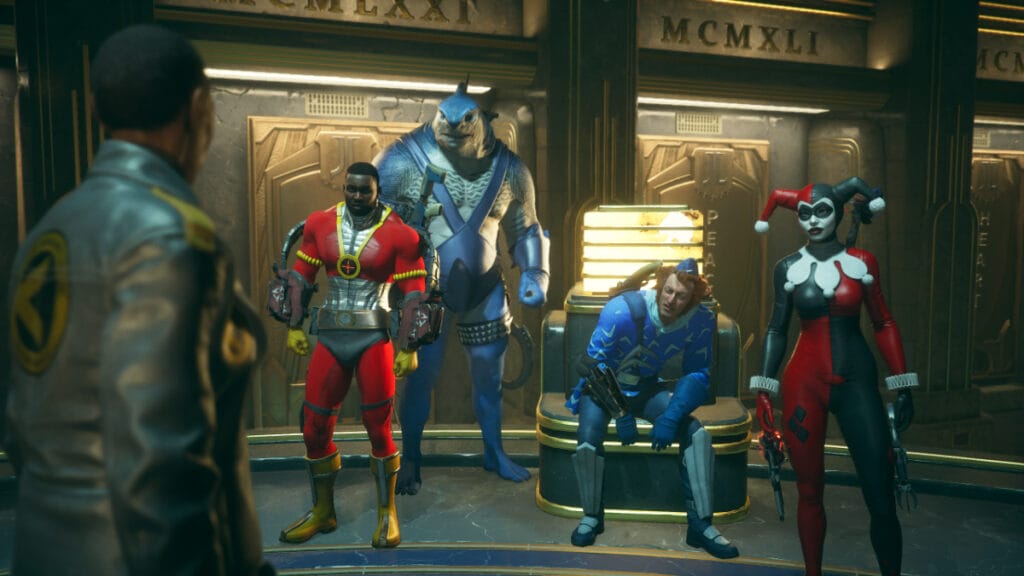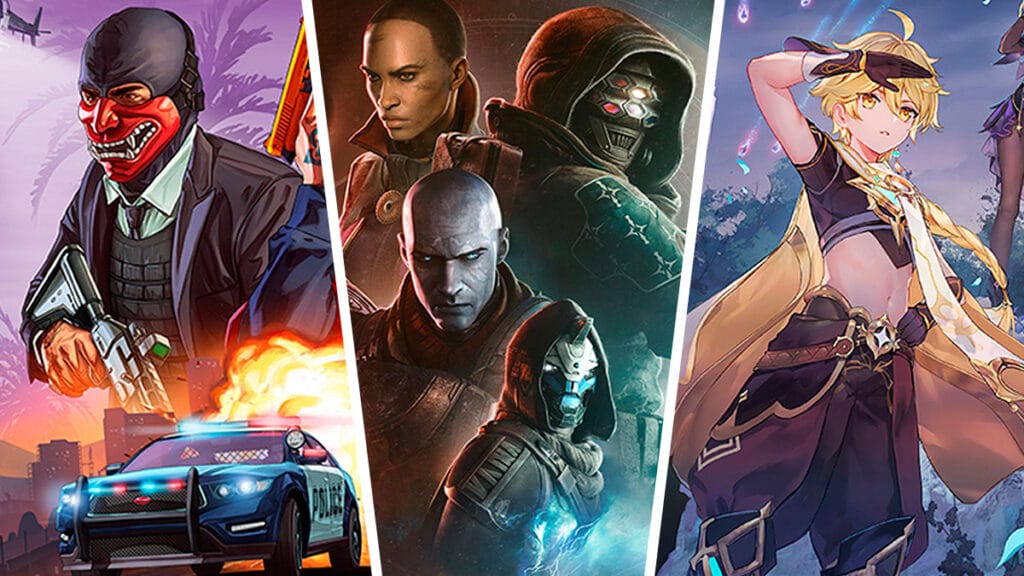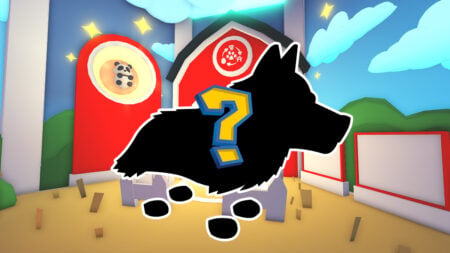Disappointed with the direction Rocksteady took with Suicide Squad and recent gaming trends of live service and/or online-only games? Tired of games’ bloated file sizes from constant updates and missing out on seasonal content? You better be prepared for more of them in the foreseeable future. Based on a report from venture capital Griffin Gaming Partners, via GamesIndustry.biz, 95% out of 537 studios are developing or maintaining a live service game.
Defined as a “regularly updated” title, 66% of surveyors agreed that live services are necessary for long-term success as new features add new “player value.” The report added that while traditional game development is two to three years long, live service production takes more than five years. Additionally, according to the report, live service teams want to release content faster at “breakneck speed.”
“Across the industry, live service teams reported their ideal production schedules as weekly to biweekly for live ops cadences and biweekly to monthly for game content updates. In the context of game development, which typically spans multiple years, live service production schedules are moving at breakneck speed.”
To be clear: I’m not saying that live service games are bad. After all, some of them can be very fun and engaging, like Sea of Thieves, Warframe, or GTA Online. Lots of them can end up turning things around too such as FFXIV and No Man’s Sky. But I’m also not saying that they should be the future of gaming. There are many drawbacks to this model, both for players and developers.

For players, live service games can be frustrating and exhausting. They can feel like a chore rather than a hobby, as the fear-of-missing-out (FOMO) effect demands our time and attention constantly. Worst of all, you might need a constant internet connection just to open the main menu.
For developers, as the survey revealed, live service games can be challenging as they require more time and resources to both create and maintain. There are many examples of studios that went under or delisted titles that are no longer playable because they tried making online games but failed.
“Production in live services, however, is a constant state of planning & adjusting game parameters to enhance player experience while designing and deploying new features to add new player value.”
As an example, Cliff Bleszinski of Unreal and Gears of War fame’s Boss Key Productions shut down in 2018 after their online shooter LawBreakers flopped. Rumbleverse, the battle royale from Epic Games, is shutting down after only six months. And BioWare, while had some interesting ideas, struggled to make its online RPG Anthem float.
As someone who lived through the massive flood of Chinese and South Korean PC MMOs in the early 2000s, this all feels too familiar. Developers and games come and go, while dedicated gamers who have spent time and money on them are left with nothing to show.







